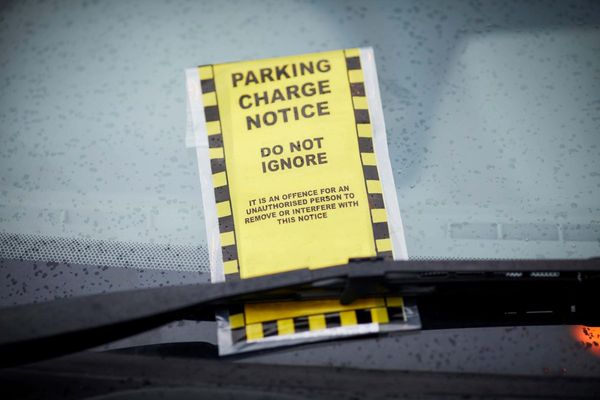Americans are abandoning COVID-19 fears and precautions, a sea change in the past few weeks as severe illnesses fell, states dropped mandates and the CDC relaxed guidelines, according to the latest installment of the Axios/Ipsos Coronavirus Index.
Why it matters: As President Biden gives his State of the Union address tonight, more people feel the worst is behind them — but they aren't giving him credit. That's a devastating miss for a leader who won election on his promises to move the nation beyond the pandemic.
- Just 35% of respondents said the Biden administration has done an excellent or good job jumpstarting the economy and supporting American small business.
- It's also underwater on communicating clearly with Americans, protecting frontline health workers and supporting workers.
- 58% said the administration did an excellent or good job on supporting vaccine development and distribution — but that's the only measure where its approval ratings are above 50%.
Between the lines: Just 43% of respondents now say they trust Biden to provide them with accurate information about the virus, down from 54% a year ago.
- That's still nearly twice as high as the 24% who say they trust former President Trump.
- But Biden isn't running against Trump anymore — he's running against his expectations, and, by extension, so are the Democrats on this year's ballot.
By the numbers: Two-thirds of Americans now say they believe the country is moving toward a time when the virus will no longer disrupt daily life.
- Just 40% now say returning to their normal pre-coronavirus lives is risky, a 16-point drop from our last survey in early February and the lowest share since July.
- Notably, only 55% of Democrats now see a return to normal as risky. That's high compared with 21% of Republicans and 38%, but it represents an important shift given that Democrats have been the most worried about COVID risk throughout our surveys.
- 64% of overall respondents said they're concerned about the virus or another outbreak, down from 73% and the lowest since June.
- Only 32% say they're wearing a mask at all times outside the home; 41% said they're social distancing, down from 51%; 63% said they're visiting friends and family outside the home, up from 50%; and 61% have gone out to eat in the past week, up from 52%.
About one in five said that in the past few weeks, their employers have asked those working remotely to start coming back to the office.
- 52% said their employers are still requiring masks at work, down from 59% three weeks ago and the lowest share since last summer.
- 36% said their state or local governments were requiring masking in public places, down from 46% at the start of this month and the lowest since August.
What they're saying: "COVID has really been an incumbency buzzsaw," said Cliff Young, president of Ipsos U.S. Public Affairs. "That doesn't mean incumbents won't win. But they're getting inbound from their constituencies."
- Biden won the 2020 election on the pandemic, Young said. "So in a relative sense, his central pillar is really fragile."
- In Americans' minds, Biden "wasn’t able to resolve the most important thing to them, which was a return to normalcy," Young said. "It happened way after we thought it was going to happen."
The flip side, said Ipsos senior vice president Chris Jackson, is that "there is a lot of data suggesting the American public has very much moved past COVID" and "the worst of the pandemic is seen as being in the rear view mirror."
- "The elimination of COVID from the agenda probably reduces some of the pressures Biden is dealing with," Jackson said. "It helps get his base back behind him."
Methodology: This Axios/Ipsos Poll was conducted Feb. 25-28 by Ipsos' KnowledgePanel®. This poll is based on a nationally representative probability sample of 1,030 general population adults age 18 or older.
- The margin of sampling error is ±3.2 percentage points at the 95% confidence level, for results based on the entire sample of adults.






